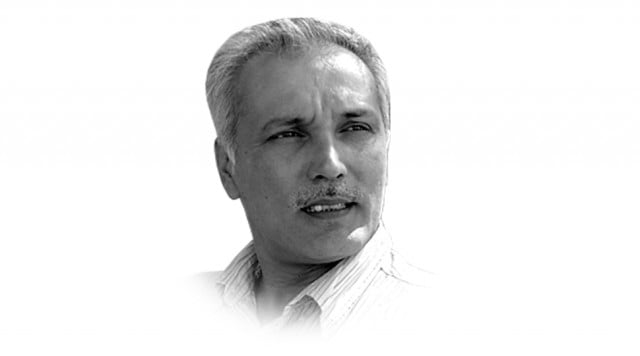
Does he really believe that? Can you really believe that he actually thinks this? His statement brought back an odd memory from a couple of years ago. It was a private conversation so I cannot name the lady, who is a close personal friend of Shahbaz Sharif. “Aamer”, she said, “I cannot really understand people who think Shahbaz Sharif is an ordinary person. He comes from an extremely conservative, deeply religious background and is heir to a financial and political empire. Yet, at the risk of losing all that, he took on his entire family to marry a woman who is the most controversial female author in the country’s history. You think any ordinary man can do that?” I did not disagree with her and murmured something to the effect that I am keen to see his personal radicalism creep into his political life. But his statement about Punjabi Taliban is evidence that we are unlikely to see that happen. Admittedly, Mr Sharif carries a heavy burden dating back to his party’s birth. The Muslim League that he heads today sprang from the womb of the Islami Jamhoori Ittehad, an amalgam of several religious groupings and secular political non-entities that were all ideologically dominated by the Jamaat-i-Islami (JI).
The original political base that his party commanded in its battles against Benazir Bhutto’s PPP rested mostly in the conservative trading and merchant class, transporters, petty bureaucracy and a conservative urban financial elite spawned by General Zia’s long, dark years.
Many believe that had it not been for the former JI chief Qazi Hussain Ahmed’s infatuation with turning it into a people-based populist party, the Jamaat would still have been holding the Muslim League’s ideological reins. The Muslim League’s organic link to religious conservatism may have weakened after the death of Mian Sharif, more popularly known as ‘Abbaji’. But it is proving to be a stubbornly tough umbilical cord to sever.
A clean break in this umbilical connection is exactly what the country needs to break free. It is important because Punjab matters. It may be unpalatable for the smaller provinces, but Punjab alone has the numbers and the political power to stand up to radical Islam. And until something really dramatic happens, the Sharifs alone can fire up the province to say no to uncounted mass murderers or mini-Osamas running amok.
When the Sharifs returned to power in 1997 with their legendary heavy mandate, many analysts and columnists flirted with the idea that they could be the vanguard of a moderately religious if not secular, urban middle-class political wave that would sweep aside sectarianism which, in the pre-9/11 world, was the major religious scourge known to Pakistan. The Taliban at the time were busy fighting for Kabul.
Of course these flirtations came to a sorry end when Nawaz Sharif started toying with the idea of becoming Amirul Muslimeen. But they were revived again when the brothers returned from exile, sworn to wresting Pakistan’s political control away from the military. Nawaz Sharif was the born-again democrat and Mr Principles. Many felt that between his new-found relationship with Benazir Bhutto, his commitment to charter of democracy and his hatred for military rulers, he, along with his brother, have finally acquired the vision to lead Pakistan out of the muck that repeated military rule had led it into.
Sadly, that vision is nowhere in sight. The Pakistani state has used radical Islam as a weapon of war for over a quarter of a century. It now needs to swing completely the other way. And that cannot happen for as long as the likes of Shahbaz Sharif continue to believe that it is Rehman Malik, and not the Punjabi Taliban, that is tearing Pakistan apart.
Published in The Express Tribune, July 4th, 2010.
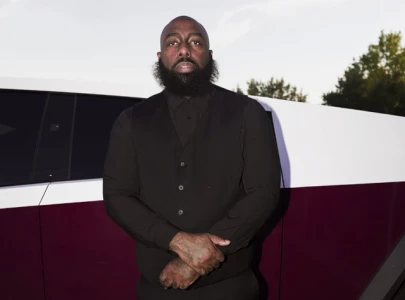
1730196361-0/BeFunky-collage-(82)1730196361-0-165x106.webp)



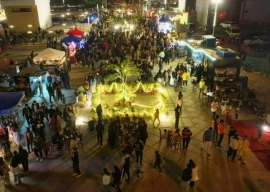
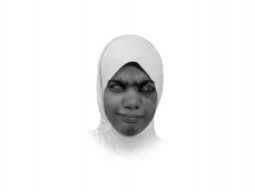




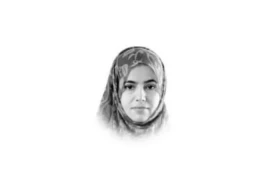

COMMENTS (14)
Comments are moderated and generally will be posted if they are on-topic and not abusive.
For more information, please see our Comments FAQ